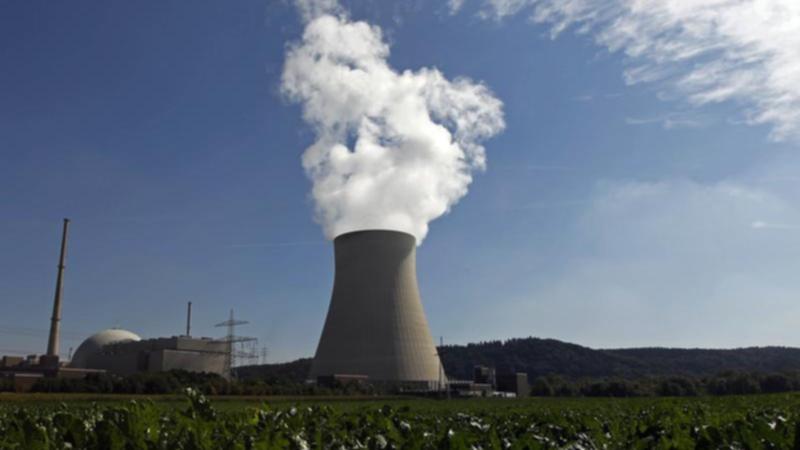Atom split: Australia divided on Coalition nuclear shift
New polling has revealed the divide among Australian voters as the Coalition spruik its nuclear plan and Labor continues to pile on criticism.

New polling has revealed Australians are divided on the Coalition’s plan to go nuclear.
The Resolve Political Monitor, conducted by the SMH, revealed that 41 per cent of voters support the move to nuclear energy and 37 per cent are against the idea.
The poll found more Australian votes backed renewable energy projects, with 73 per cent in favour of that course of action.
Sign up to The Nightly's newsletters.
Get the first look at the digital newspaper, curated daily stories and breaking headlines delivered to your inbox.
By continuing you agree to our Terms and Privacy Policy.For coalition voters, 60 per cent were found to favour going nuclear compared to only 30 per cent of Labor voters.
The findings come as both major parties double down on their stance for and against.
Both the Senate and the House or Representatives will sit from Monday to Thursday for the next two weeks as Parliament embarks on its final fortnight before a mid-year break.
A nuclear war of words will likely play out during Question Time after the coalition on Wednesday announced it would build seven plants at the sites of coal-fired power stations if it wins the next election.
Prime Minister Anthony Albanese has called the proposition a “fantasy”, noting the opposition had not released many details nor announced how much it would cost.
It would also squander the nation’s potential as Australia is well positioned to take advantage of resources like wind and solar, Mr Albanese said.
Plants would be built at Loy Yang in Victoria’s Gippsland region, Callide and Tarong in Queensland, Mount Piper at Lithgow in central west NSW and Liddell in NSW’s Hunter region.
Small modular reactors would be located at Port Augusta in South Australia and Muja, in WA’s South West region.
Though Opposition Leader Peter Dutton acknowledged it would be “a lot of money”, he said Australians were struggling to pay their energy bills and claimed the policy would eventually bring power prices down.
But energy bill relief is already on the horizon for Australian households with the government’s $300 rebate set to kick in after July 1.
Labor’s defences against cost-of-living jabs will also be bolstered by their tax cuts and the Fair Work Commission’s 3.75 per cent increase in minimum wages - both of which will come into effect at the beginning of July.
With AAP
